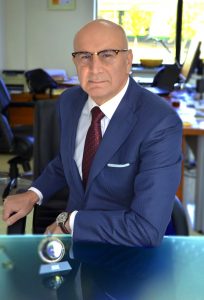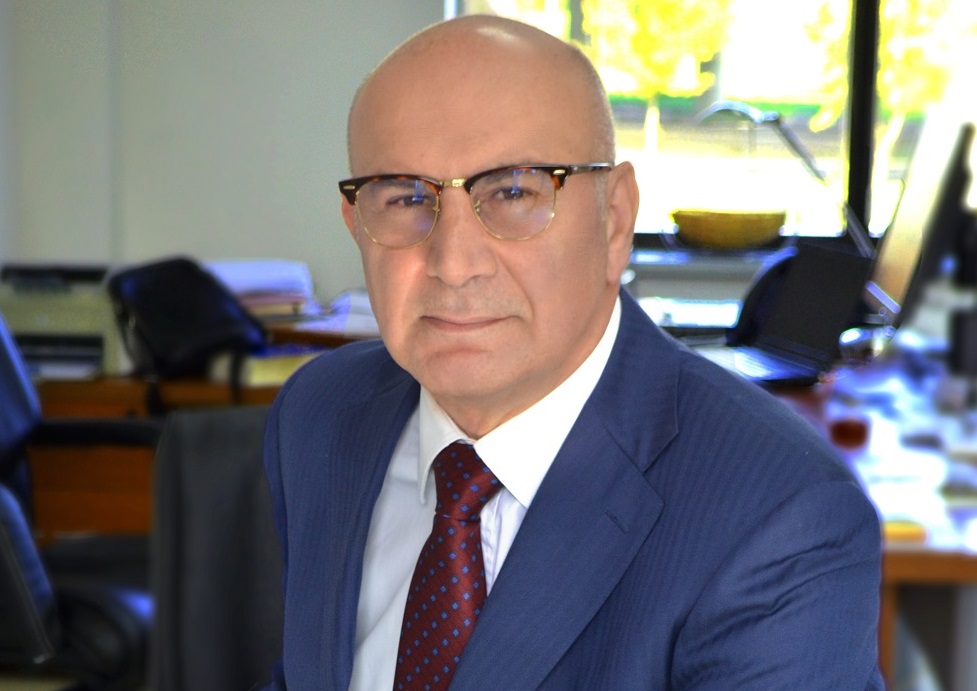Marinko Ukropina, Managing Director At SGS Group For Serbia, Croatia, Slovenia, B-H And Montenegro
Challenges Help Us Develop Ourselves
SGS Belgrade has developed continuously since its establishment. The latest example is the development of a very complex service of clinical trials of medicines, for which we formed a team of 11 experts who have been incorporated into the SGS Belgium team and work on significant international projects, including the current project to find a vaccine for COVID-19 at Oxford University.
 With the outbreak of the pandemic, a large number of companies recognised the process of digital transformation as a measure within the scope of their Business Continuity Plan, in order to establish a flexible business model with the aim of ensuring continuity in satisfying the key requirements of stakeholder and improving operational efficiency in a shifted business context, says Marinko Ukropina, Managing Director at SGS.
With the outbreak of the pandemic, a large number of companies recognised the process of digital transformation as a measure within the scope of their Business Continuity Plan, in order to establish a flexible business model with the aim of ensuring continuity in satisfying the key requirements of stakeholder and improving operational efficiency in a shifted business context, says Marinko Ukropina, Managing Director at SGS.
“We expect an increase in demand for the certification of IT solutions, because an ever increasing number of successful companies are seeking and insisting on improvements in the field of digital transformation from their suppliers. They thereby reduce business risks, because certification confirms the validity of an organisation’s established business model, which ensures continuity in the delivery of products and services that are in demand.”
For a long time your focus has been on protecting the health and safety of employees. What kind of transformation has this segment undergone due to the pandemic, and how much attention do companies in Serbia today pay to this segment?
– Legislation in this area is well conceived and harmonised with EU regulations to a large extent. It is very important that the management and everyone in the organisation knows what kinds of positive and negative effects they can expect, both on employees themselves and their health, but also on the business of the organisation, if established measures are implemented or if they’re not. Established procedures mustn’t be applied formally, but rather in essence, so one must insist on educating employees with the aim of them fully understanding the protocols and procedures, and not only being familiar with them. Moreover, adequate control over their application must be established and valid documented information regarding the aforementioned must exist in the organisation. In the area of health and safety of employees, the integrity of data is very important.
Next year you will commemorate 20 years of doing business in Serbia. How much has SGS changed during that time, and how much has Serbia changed?
– From just a few full-time employees at the time of establishment, we’ve today reached a total of more than 230 full-time employees, most of whom have a very high level of expertise in the areas in which they work. Apart from the development of services, we’ve worked, and continue to work, systematically on the development of human resources potential. Likewise, the market in Serbia has become more open and dynamic. The flow of goods, services, products and knowledge, as well as the application of information technology, has intensified greatly during the period that we’ve been doing business in Serbia, which has impacted on increasing the volume of our services.
What is constant is the complexity of the market in Serbia, though that complexity also demands greater creativity and intuition from our employees. We strive to always be ahead, developing and promoting a service that’s new to our market. The latest example is the development of a very complex service of clinical trials of medicines, for which we formed a team of 11 experts who have been incorporated into the SGS Belgium team and work on significant international projects, including the current project to find a vaccine for COVID-19 at Oxford University.

